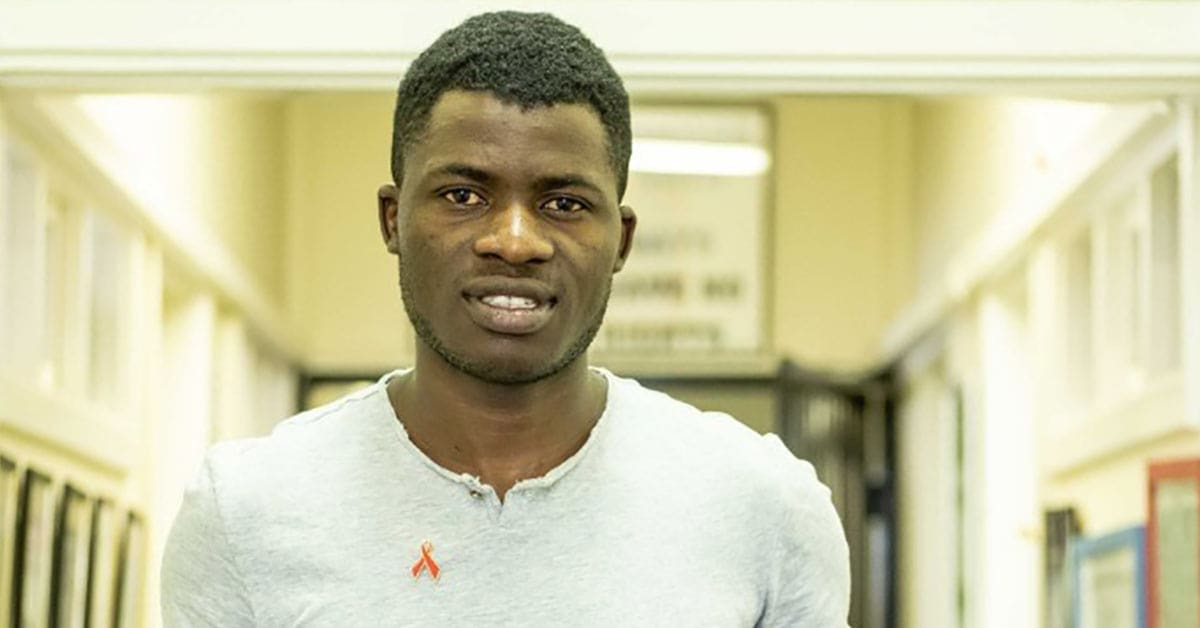“Not gay enough” Zambian asylum seeker fights for justice

Anold Mulaisho, an LGBTQ+ refugee from Zambia, was refused asylum in South Africa because homophobic officials decided he was not gay
South Africa’s Department of Home Affairs is facing a legal challenge over its long-standing refusal to grant refuge to a Zambian asylum seeker who identifies as LGBTQ+.
Anold Mulaisho fled to South Africa in 2017 at the age of 22, fearing arrest after his sexual orientation was exposed at his workplace. In Zambia, homosexuality is punishable by up to 14 years of imprisonment.
In January 2018, Mulaisho’s application for asylum based on persecution due to his sexual orientation was refused by the Department of Home Affairs. The reason provided for this rejection was that the department doubted his homosexuality.
Earlier this year, while his appeal process remained unresolved and facing the threat of deportation, Mulaisho sought asylum in Canada, where he now resides.
On August 8, 2023, the Pretoria Magistrates Court sitting as the Equality Court heard Mulaisho’s case, represented by the human rights group Access Chapter 2 (AC2), against the Standing Committee for Refugee Affairs and the Department of Home Affairs.
AC2 argues that South African law, including the Refugees Act, unequivocally supports asylum for individuals facing persecution based on sexual orientation and gender identity. Despite this, a 2021 report documented 67 LGBTQ+ asylum applicants who had been rejected due to discriminatory practices by Home Affairs.
The organisation contends that the Refugee Status Determination Officer in Mulaisho’s case wrongly dismissed his sexual orientation based on stereotypes and groundless presumptions. These included the officer’s claims that Mulaisho couldn’t be both gay and a Christian, and that his experience of pain after being raped in school contradicted his assertion of being gay.
In a statement, AC2 asserted, “This blatant disregard for the Promotion of Administrative Justice Act and the Constitution’s provisions for lawful, reasonable, and procedurally fair administrative action cannot be overlooked.”
Keneilwe Zulu, AC2’s Legal Unit Manager, told MambaOnline that the magistrate rejected Home Affairs’ argument that the case was pointless due to Mulaisho receiving asylum in Canada.
“The magistrate stated that because of the discrimination that took place, we are still going to address the merits of the case,” she explained, adding that, “We have tons of other cases like this.” Zulu hopes the case will set a precedent for justice and equality for LGBTQ+ asylum seekers in South Africa
The matter was postponed to 8 September for the Department of Home Affairs to confirm the final status of Mulaisho’s appeal.
Speaking from Canada, Mulaisho expressed his yearning for South Africa in spite of the challenges he faced while living in the country, including an incident of abuse by police officers. “South Africa became my home. I would like to return and visit without problems,” he said.
Mulaisho believes that even if he no longer requires asylum in South Africa, his case should proceed. “It should continue because a victory would not only benefit me but also other LGBTQ+ migrants. Home Affairs must change how they interact with the LGBTQ+ community, regardless of migrant status.”
Leave a Reply